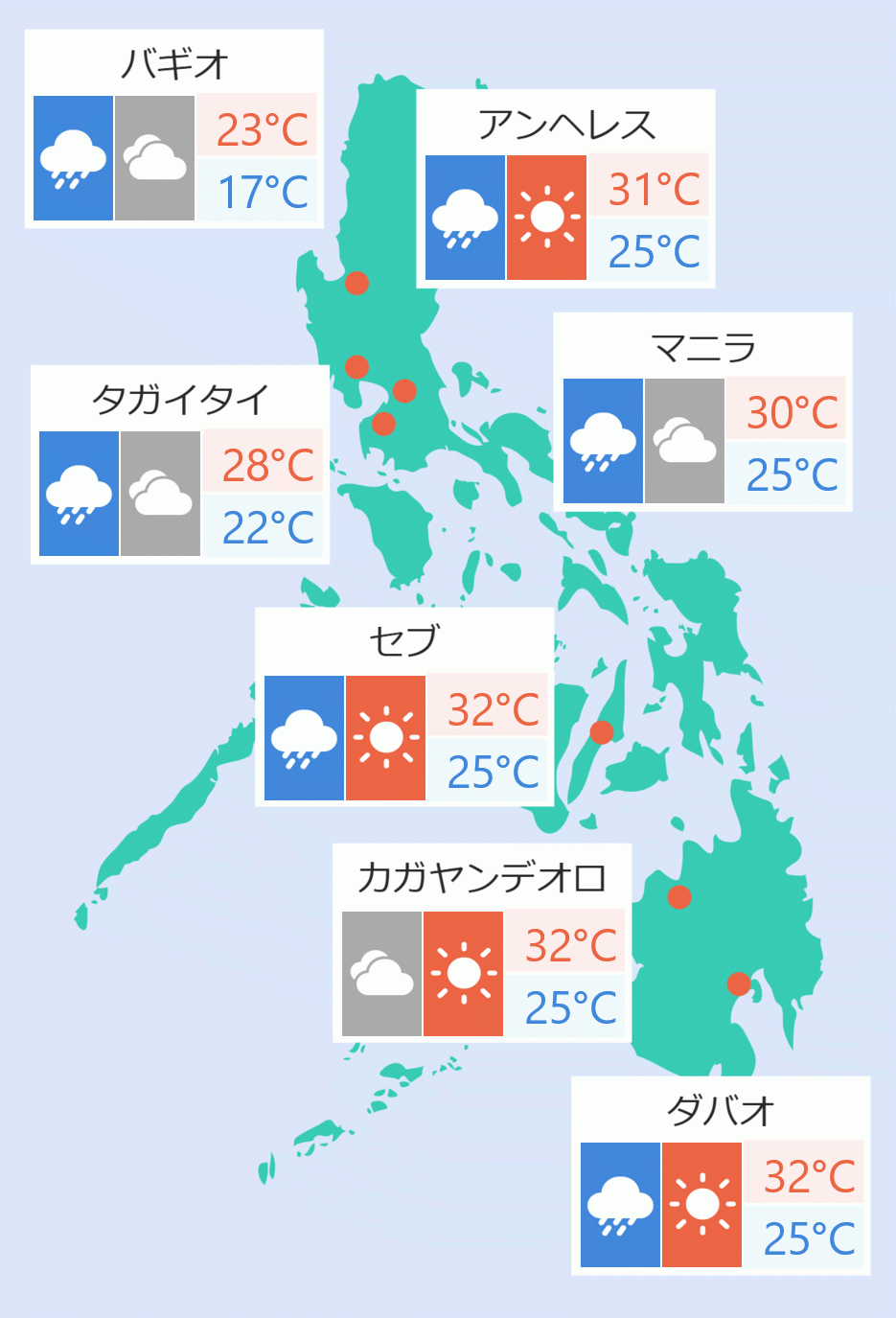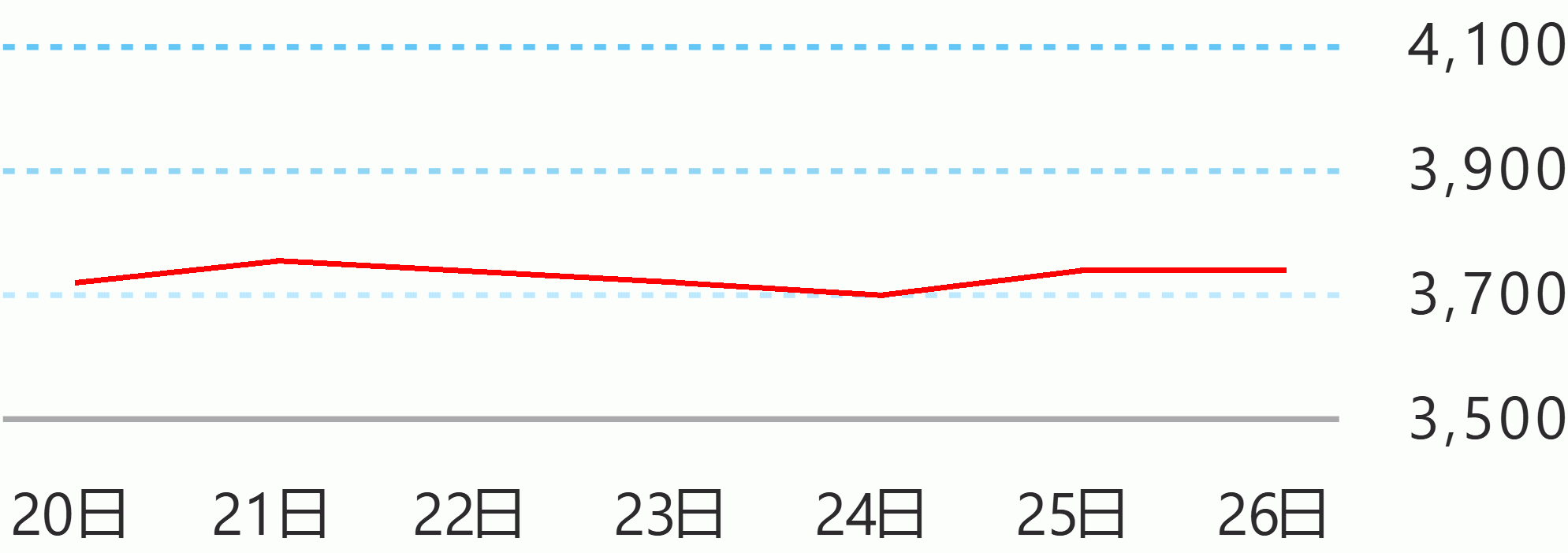The National Risk Reduction and Management Council (NDRRMC) was placed under red alert as Undersecretary Ricardo Jalad, Office of Civil Defense (OCD) administrator, emphasized that “heavy to very heavy damage” is expected in the areas that will be hit by Typhoon ''Rolly''.
In its 5 pm bulletin, the Philippine Atmospheric Geophysical and Astronomical Services Administration (Pagasa) said ''Rolly'' was packing winds of up to 215 km/h and gusts of 265 km/h.
It was located 345 kilometers east northeast of Virac, Catanduanes, added Pagasa.
“According to Pagasa, it (Rolly) may intensify into super typhoon. So we see wider damage even if it will not reach to super typhoon. The typhoon level means we will reach typhoon signal number 4 and there will be strong winds of up to 171 to 220 kph,” said Jalad in the Laging Handa briefing.
“We expect heavy to very heavy damage in the areas that will be hit (by the typhoon). That is why our local government units and the government agencies are focusing on pre-emptive evacuation which they have been doing since yesterday,” Jalad said.
“With the help of our people by following the measures implemented by the government agencies we will attain zero casualty on the onslaught of Typhoon ''Rolly''... It may be the strongest typhoon since Typhoon Yolanda,” he added.
Meanwhile, Lt. Gen. Guillermo Lorenzo Eleazar, commander of the JTF COVID Shield, advised police commanders in areas which will be affected by Typhoon ‘Rolly’ to ensure the safety of their personnel and assist in the disaster preparedness plans of local government units.
“In the meantime, the checking of passing motorists should also be taken as an opportunity to advise and warn the public about the danger of this typhoon and for them to follow the instructions of the LGUs and weather and disaster management officers,” said Eleazar.
“Those who are conducting community level patrol should also actively play a key role in advising and assisting the residents, especially those living in coastal areas and danger zones, to evacuate and move to safe places,” he said.
Eleazar said the PNP equipment and food banks were sent to areas which police assess to be in need of additional resources as ''Rolly'' approaches.
“As warned by the experts, this will be a strong typhoon so we also have to ensure the safety of our personnel in the areas that would be directly hit by typhoon ‘Rolly’, not only policemen and soldiers manning the checkpoints, but also Coast Guard personnel and Bureau of Fire Protection who were assigned to various quarantine rules-related duties,” he said.
“We also have to deploy them to assignments where they are needed the most. In this case, forced evacuation and other disaster preparedness plans are important in areas that would be affected,” he added. Robina Asido/DMS





 English
English









